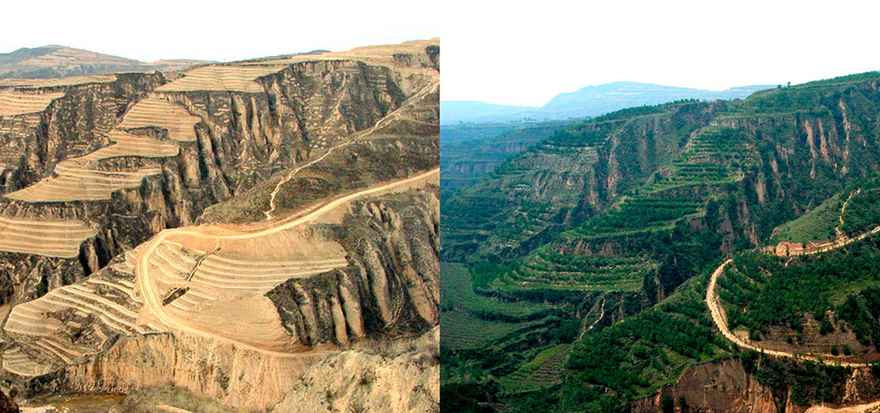Designing Regenerative Cultures invites us to co-create thriving communities

by Dr Daniel Wahl
The short answer to why we should aim to create regenerative cultures together is simple.
Choosing the path of regeneration and cooperation will create a greater level of wellbeing, health, happiness, and equality for everyone and all life; and in the process of co-creating a better future together, our lives will be more meaningful, fulfilling, creative and fun. Local and global collaboration in the creation of regenerative communities, enterprises, economies and cultures elegantly adapted to the uniqueness of local and regional eco-social systems can unlock the gate to a very different future for humanity.
Collaboration in regenerative practices can cause a gestalt-switch in our experience of reality, turning a heavily resource constraint planet on a trajectory towards ecological collapse into a thriving patchwork of highly productive eco-social systems generating an abundance of renewable resources, restoring ecosystems functions, community cohesion and resilience, while effectively mitigating and adapting to climate change.

The motivation and value base for the creation of regenerative cultures is rooted in a shift in perception or worldview from only seeing ourselves as separate individuals, communities, nations, species to also understanding our deep interbeing as fundamentally interconnected expressions of one single process – life as a continuously transforming whole. By shifting to a relational perspective and paying attention to the ways that life creates conditions conducive to life, both, the need for and promise of regenerative cultures becomes apparent.
As we identify individually and culturally with our true nature as relational beings, participants in the evolution of life and consciousness, we come to understand ourselves as creative expressions of nature, bringing forth a world together as conscious reflections of Universe.

The degenerative path leads via increasing separation, disintegration, and competition to an early demise of our relatively young species. The path of regeneration through conscious interbeing, integration, and collaboration opens up the possibility of a thriving future for humanity as a mature member in the community of life generating abundance for all by consciously creating conditions conducive to life. Let us ask: what if we chose regeneration over degeneration? What if we chose to thrive together, rather than compete against?
Sustainability is not enough. We need to do more than just ‘sustain’. We need to regenerate the vitality and bioproductivity of the planetary life support system. We need to nurture and regenerate the pattern of socio-ecological interdependencies that support human and planetary health. It is this pattern of health that allows us to stay responsive, adaptable and resilient in the face of change.

Together – as one humanity – we are capable of responding to the converging crises and offer culturally transformative responses to climate change, inequity, dysfunctional economic and monetary systems, breakdown of social cohesion, biodiversity loss, and the food and water crises. By forming networks of collaboration at and across scales we can begin to heal divisive ideologies and old habits of competition driven by the outdated narrative of separation.
Only seeing separation and therefore competition, rather than also seeing the underlying wholeness of our interbeing with all Life and hence ubiquitous collaboration and interdependence has caused a cultural myopia that created many of these crises in the first place.
As the narrative of interbeing unfolds its culturally creative potential, we are beginning to see the relationships of our ‘belonging-together’ rather than to only see isolated individuals and objects. We are capable of overcoming modernity’s “crisis of perception” (Fritjof Capra) and the possibility of a thriving future for communities, ecosystems, all of humanity, and Life as a whole is becoming a reality. Regenerative cultures thrive by collaboration!

Dr Daniel Wahl has been a member of Gaia Education since 2007 and has recently spent 6 months reviewing and partially re-writing all four dimensions of the Design for Sustainability online curriculum.
Designing Regenerative Cultures is published by Triarchy Press in May 2016. It is available to order here.


0 comments
Leave a comment